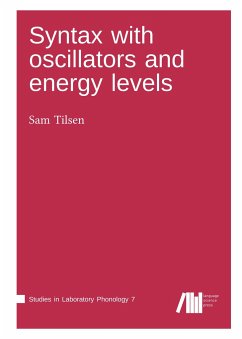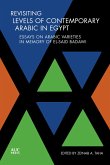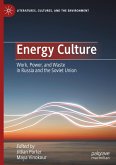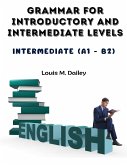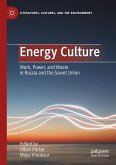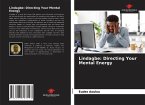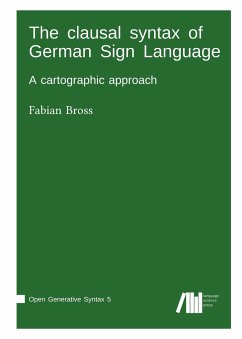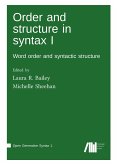This book presents a new approach to studying the syntax of human language, one which emphasizes how we think about time. Tilsen argues that many current theories are unsatisfactory because those theories conceptualize syntactic patterns with spatially arranged structures of objects. These object-structures are atemporal and do not lend well to reasoning about time. The book develops an alternative conceptual model in which oscillatory systems of various types interact with each other through coupling forces, and in which the relative energies of those systems are organized in particular ways. Tilsen emphasizes that the two primary mechanisms of the approach ¿ oscillators and energy levels ¿ require alternative ways of thinking about time. Furthermore, his theory leads to a new way of thinking about grammaticality and the recursive nature of language. The theory is applied to a variety of syntactic phenomena: word order, phrase structure, morphosyntax, constituency, case systems, ellipsis, anaphora, and islands. The book also presents a general program for the study of language in which the construction of linguistic theories is itself an object of theoretical analysis.
Hinweis: Dieser Artikel kann nur an eine deutsche Lieferadresse ausgeliefert werden.
Hinweis: Dieser Artikel kann nur an eine deutsche Lieferadresse ausgeliefert werden.

